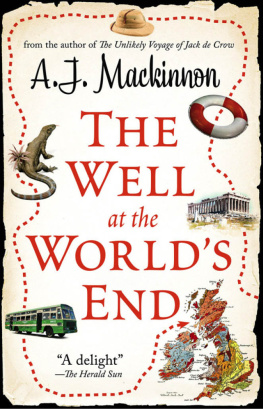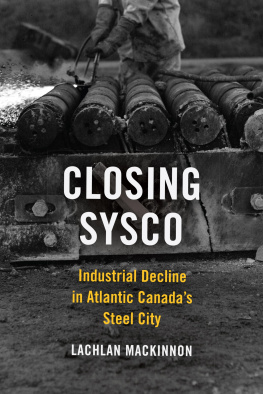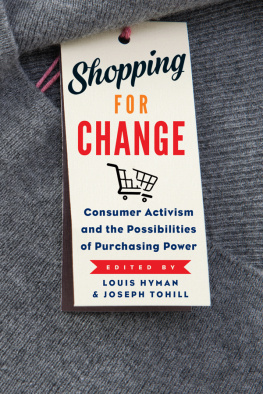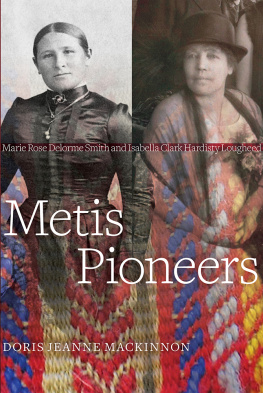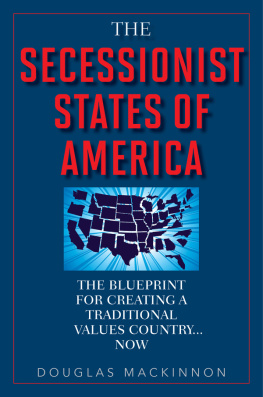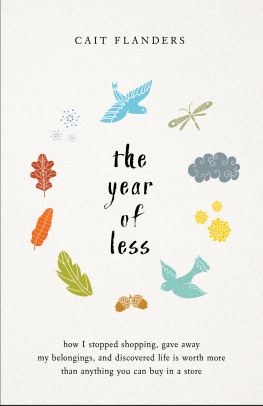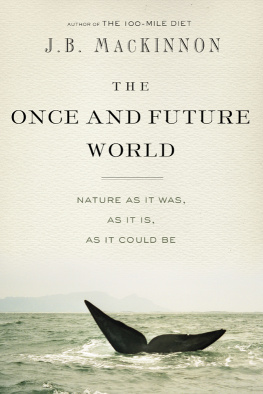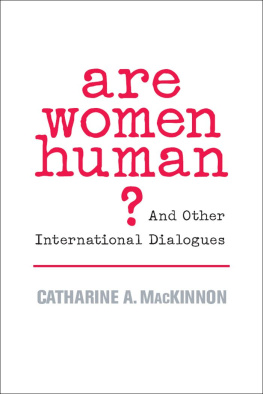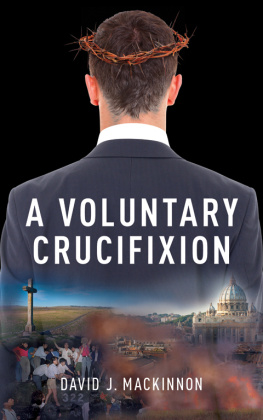Contents
Title Page
Epigraphs
I. First Days
What We Give Up and What We Hang On To
We Dont Shop Equally, So We Wont Stop Equally
Its Not that Time Turns Weird, Its a Different Kind of Time
Suddenly Were Winning the Fight against Climate Change
We Need to Get Used to the Night Again
II. Collapse
The End of Growth Is Not the End of Economics
The Consumption Disaster Begins, the Disaster of Everyday Life Is Over
Can Advertising Turn into the Opposite of Itself?
We Adapt to Not-Shopping More Quickly than You Think
We May Need to See the Ruins to Know Its Time to Build Something New
III. Adaptation
A Stronger, Not a Weaker, Attachment to Our Things
Fast Fashion Cannot Rule but It May Not Have to Die
Business Plays the Long, Long, Long, Long Game
If Were No Longer Consumers, What Are We Instead?
We Are Still Consuming Way Too Much (Part One: Inconspicuous Consumption)
We Are Still Consuming Way Too Much (Part Two: Money)
IV. Transformation
We Finally, Actually, Save the Whales
We Need a Better Word than Happiness for Where This Ends Up
Now Were All Shopping in Cyberspace?
Its Like a World with Fewer People but without Losing the People
One Hundred and Fifty Thousand Years Later...
Epilogue: Theres a Better Way to Stop Shopping...
Acknowledgements
Source Notes
Index
About the Author
Also by J.B. MacKinnon
Copyright
About the Publisher
It is not the man who has too little, but the man who craves more, that is poor.
SENECA
Then he said to the crowd, Take care to guard against all greed, for though one may be rich, ones life does not consist of possessions.
LUKE 12:15
Earth provides enough to satisfy every mans need, but not every mans greed.
MAHATMA GANDHI
A consumers society cannot possibly know how to take care of a world... the attitude of consumption spells ruin to everything it touches.
HANNAH ARENDT
People are drowning in things. They dont even know what they want them for. They are actually useless. You cant make love to a Cadillac, though everyone appears to be trying to.
JAMES BALDWIN
In a consumer society there are inevitably two kinds of slaves: the prisoners of addiction and the prisoners of envy.
IVAN ILLICH
I encourage you all to go shopping more.
GEORGE W. BUSH
H igh noon in the Kalahari Desert of Namibia, in southwestern Africa. So hot that your lungs turn to leather with every breath. A scrubland that looks like it would cut youprick you, catch in your clothesspreads in every direction. Close by, but too far to want to walk to in this heat, is a scattering of thatch-roofed mud huts the same colour as the red-gold sand. Two decades into the twenty-first century, the scene is remarkable for the near absence of things: a couple of sunbeaten plastic chairs, faded clothing on a huddle of young hunters, a triangle of scrap metal that holds a battered teapot above low coals. A bow and a quiver of arrows leans in a doorless doorway.
An older hunter sits beneath a woebegone tree, its patch of shade so small that it can hardly hold two people without knocking their knees together. The hunters name is a difficult one for outsiders. He goes by Gkao, with the representing a hard, square sound made by popping the tongue off the ridge behind your front teeth. The result sounds something like Gitkao, and if it helps to think of him that way, he would surely forgive you. You can also think of him as having a trim grey goatee, a face lined more by laughter than worry, and the lean, muscled look of a long-distance runner.
Right now, we are mainly eating bush food, Gkao tells me. Once in a while, government officials come by with two large bags of cornmeal for each household. People here receive a little cash, too, either by way of government support or from making handicrafts that one or another person will carry nearly forty kilometreson horseback or on footto sell in Tsumkwe, the one-street town that is the hub of the region. But this village, Den|ui (sounds a bit like Dengui), could not survive without hunting and foraging from the desert.
I have noticed, in other villages, that some men dont hunt and dont even have hunting tools. When the sun rises they are just in their houses until sunset. But in this village, we continue and we will continue, Gkao says. If you come on hard times, if the honeymoon is over, you must be able to do things for yourself.
Den|ui is not untouched by the modern world, of course. Gkao sits in a blue plastic chair; he is wearing clothesincluding a shining, cowboy-style belt bucklehe bought at a second-hand clothing stall in Tsumkwe. (The fate of many clothing donations to Africa is to be sold by merchants or burned as waste, rather than given to people in need.) But Gkaos dinner tonight will be kudu antelope meat stewed in wild vegetables. He doesnt hunt with a gun. He has a bow made of foraged grewia wood that is strung with sinews taken from the spine of an antelope. He makes arrow shafts from the thick, hollow stems of tallgrass, and poisons his arrowheads with beetle larvae he dug out of the ground and crushed. His quiver is a tube of tough bark from the fat root of a false umbrella thorn tree, which he had dug up, cut and then roasted until he could remove its core with only a tap from his hand. Sometimes he makes a smaller quiver and a handful of unpoisoned arrows to sell to the areas few tourists, but these are not skills he preserves for their value in the marketplace. They are the ways and means of his daily life.
Gkao will tell you that he is one of the Ju|hoansi (sounds a bit like Jukwansi), which in his language means True People. Most outsiders, on the other hand, know them as the Bushmen of the Kalahari, or sometimes the San, having seen them and heard their unusual click language in National Geographic specials or the classic comedy The Gods Must Be Crazy. Theres a running debate about the historical baggage of these terms. But as James Suzman, a British anthropologist and writer who has spent much of his career with the Ju|hoansi, puts it, As far as they are concerned, the problem is not how others refer to them but rather how others treat them.
In 1964, a Canadian anthropologist named Richard B. Lee, still in his twenties, began more than a year with the Ju|hoansi, doing research that would later be lauded as among the most important in twentieth-century science. When Lee arrived in the Kalahari Desert, anthropologists, like outsiders in general, saw hunting and gathering as a desperate struggle to survive, a stage of development nearer to wild animals than to contemporary human beings.
Lee decided to test these assumptions empirically. He spent a month recording exactly how each person in the camp used their time, another month totting up the calories in everything the Ju|hoansi ate, and so on. His findings showed that the hunter-gatherer lifestyle could, in fact, be a good one. By some measures, it might be better than life in industrialized nations.
To start with, the Ju|hoansi didnt work very hard. On average, they put in about thirty hours a week acquiring food and taking care of chores such as cooking and gathering firewood. At the time, a typical person in the first affluent societyAmericawas putting in thirty-one hours a week on the job, then going home to do their share of an average twenty-two hours per household on chores. More strikingly, the hardest-working person Lee observed, a man called Oma (sounds a bit like Toma), was logging thirty-two hours a week as a huntera far cry from the sixty-plus-hour workweeks that are not uncommon today. Then there was the fact that most seniors and people under twenty usually didnt do any hunting or gathering at all.


